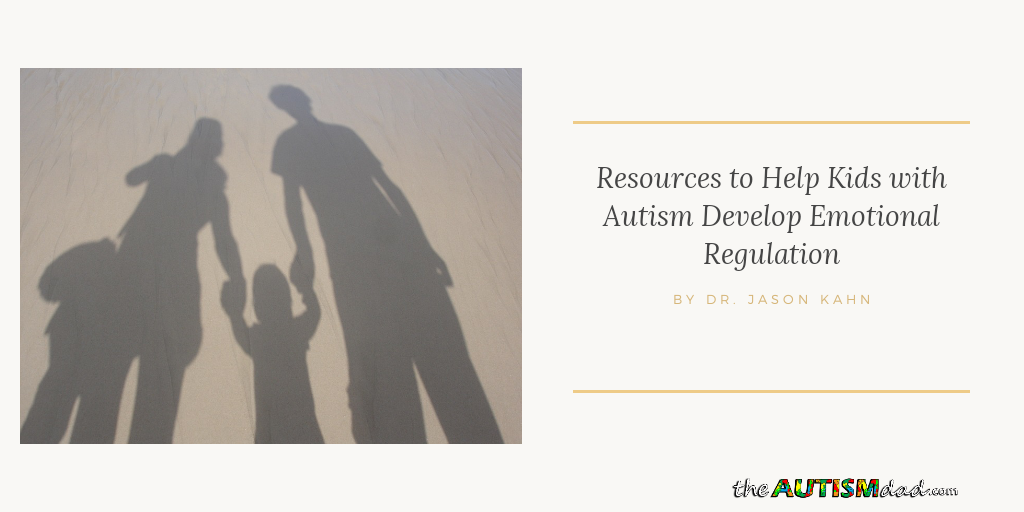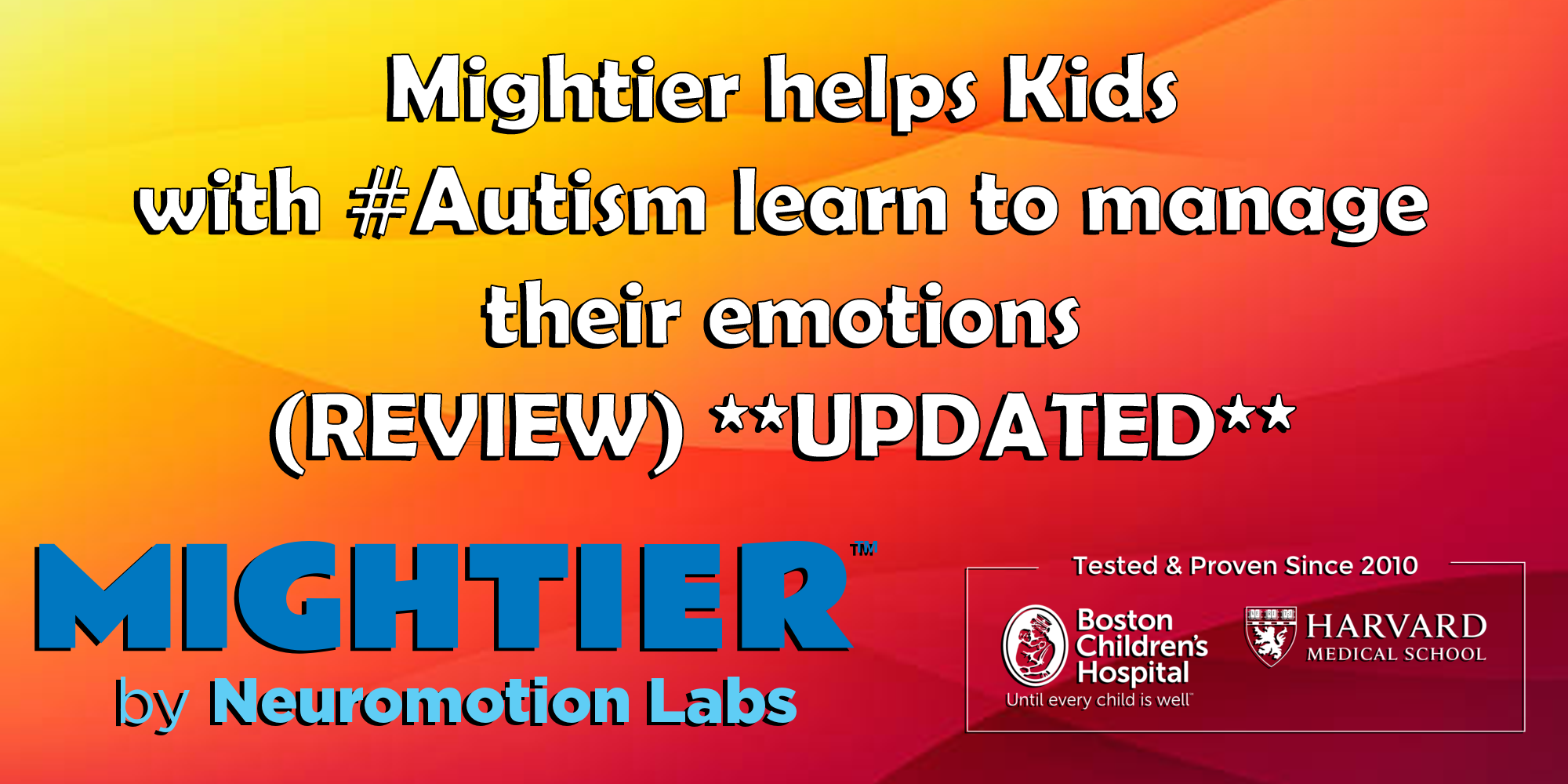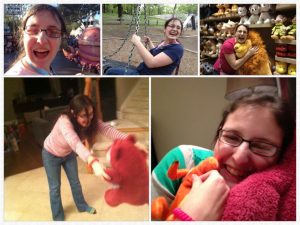Resources to Help Kids with Autism Develop Emotional Regulation
By Dr. Jason Kahn
Children with autism often struggle with emotional regulation. Building these skills is part of growing up, no kid is born with these skills. However, for kids with autism, these challenges can often be more acute, leaving parents looking for resources and wondering what they can do to help their kids.

A bit of knowledge can help a ton
A little bit of understanding can help you empathize with your child and also set expectations. The Center for the Developing Child at Harvard University has a terrific rundown on what these skills are and puts them into context of how they help kids grow up healthy. You can read more here. Likewise, the Child Mind Institute has some resources to help parents get their head around the emotional regulation. You can read more here. It’s important for parents to remember that no kid is born with regulation skills, and everyone is constantly building these skills. That means that even kids with serious challenges have room to grow if they’re given access to tools and environments that can help.
Master the basics
Some people think of emotional regulation like a rechargeable battery. That charge can run down, and then it’s meltdown time. Parents can make sure that the charge is as big as possible. While max capacity is going to look different for each kid, the formula remains the same.
- Sleep Make sure your child is getting plenty of sleep, and on a regular schedule. That’s the primary time their regulation battery is going to charge up.
- Eat Make sure that your kid is eating enough food, and pay special attention to what is happening at school. There might be some sneaky barriers (for example, not enough time or hard to find a place to eat) that you can help problem solve if you ask the right questions.
- Hydrate Often overlooked, but thirsty kids are at risk for behavior challenges. Once again, a few questions and some problem solving can help make sure that your child is taking some swigs from his or her water bottle throughout the day.
- Exercise As school progresses into later and later grades, kids are sitting more and more. Making sure your child has some time for physical activity is an important way to make sure that the battery is as big as possible.
Find a peer group that matches your child’s interest
Every child has their thing, and being able to pursue it with other kids is vital. Kids with autism can become aware of how they’re different, so experiences, where they get to be just one of the group, can be empowering. Participating in social groups mean that they get to navigate disagreements and can be forced out of their comfort zones. While parents might wince at the thought of their kids facing down these challenges, and how they might react, these are important learning experiences. How else can kids learn? As a parent, the trick is to find an authentic interest for your child (karate? baseball? painting?) and make sure that you scaffold the experience carefully. Stepping a bit outside your comfort zone is great, but pushing the envelope too far will have predictable results.
Find in-home tools
Finding the right in-home tools can be hard. You want to prep your child for facing down challenges, without being overbearing.
- Mightier Mightier is a video game platform built to teach children emotional regulation. I helped create the platform and conducted the research at Boston Children’s Hospital. It is available now to anyone, and it has helped many families who have children with autism. Mightier lets kids see their emotions and build skills that work for them. Kids choose from a growing library of popular games, and parents are supported through one-on-one coaching. What is special about Mightier, to me, is that it puts kids front and center in their learning, letting them discover how to harness their emotions for themselves.
- Zones Zones of Regulation is a popular book supported by many curricular materials. For kids where it resonates, it gives a concrete language about emotions, and then layers on strategies and metaphors. Zones is popular in many schools and clinical offices, meaning if you commit to the language at home, it will likely be echoed elsewhere.
- Relaxation Relaxation tools and apps can help you navigate through meltdowns. For parents, you’ll want to spend some time using them when things are calm, so that when you pull it out during a tantrum the prompts are expected. There are countless relaxation apps on the Apple and Google app store. Common Sense Media curates a good list that includes apps across the age spectrum.
Jason Kahn Ph.D. is a dad, Researcher at Boston Children’s Hospital, Instructor at Harvard Medical School, Co-founder & Chief Science Officer at Mightier. Mightier uses the power of bioresponsive games to help kids build and practice calming skills to meet real-world challenges.




Another factor to consider is bullying. Autistic kids are frequently targets of bullies, so they need safe zones. A bully can easily undo all that regulation work if they know how to wind your kid up and piss them off.
That’s a good point.